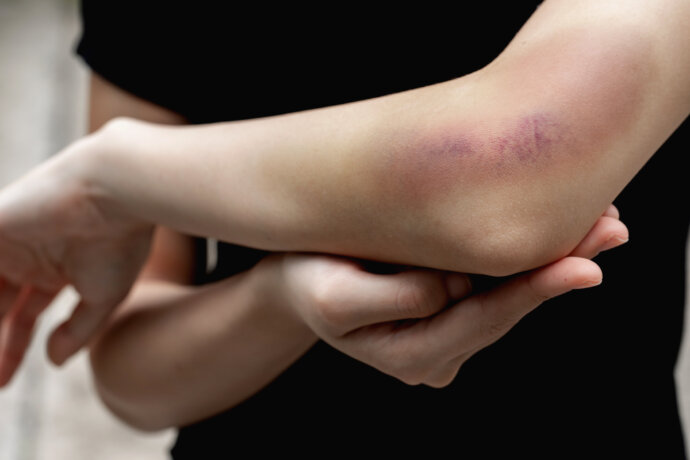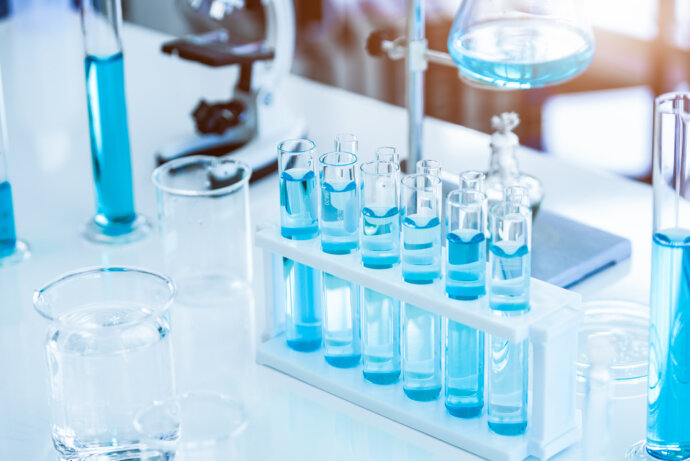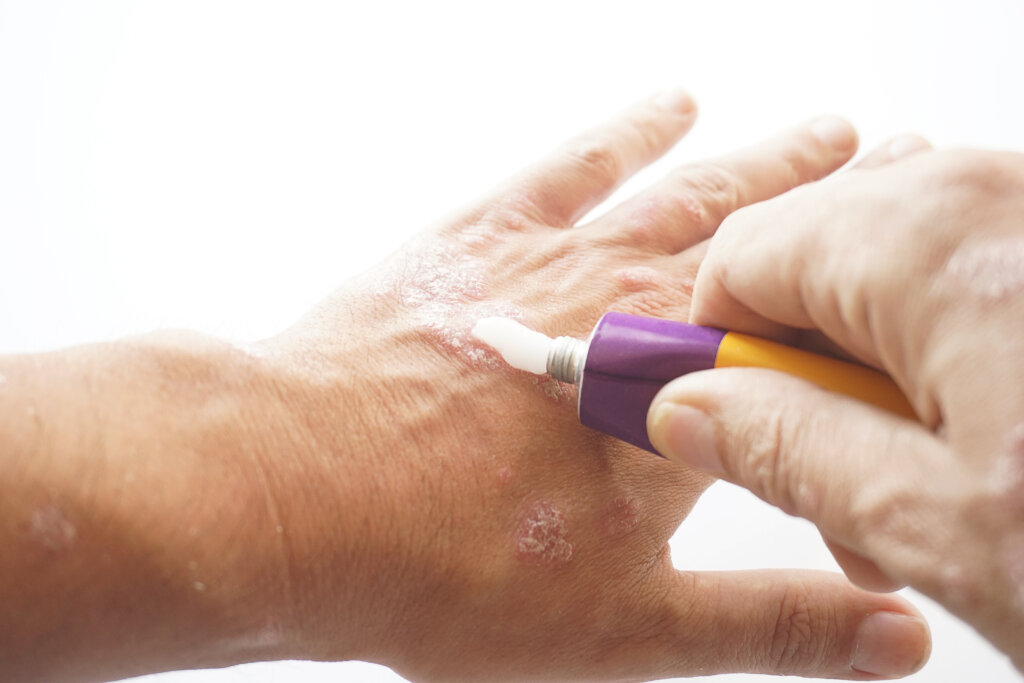Steroids are one of the most common treatments for psoriasis. Created synthetically to replicate the hormones (or steroids) that we produce in our adrenal glands, they are very effective in controlling the inflammation that is typical of psoriasis. Corticosteroids (as opposed to anabolic steroids which are often illegal) are used extensively as an analgesic (pain relief) and as an anti-inflammatory to treat many forms of disease and are often taken orally, by injection or administered intravenously. However, for psoriasis, in most cases, corticosteroids are applied topically.
The question is, how safe are topical steroids in treating Psoriasis?
Topical steroids are widely used by medical experts as they carry less risk than oral steroids. There are a variety of strengths and formulations (from mild to high potency) for topical corticosteroids (or steroids), and they are generally used to help reduce the inflammation in the skin and to make the blood vessels near the surface of the skin tighter which, in turn, decreases the redness.
The strength of the steroid and where you use them depends on the area that is affected and the severity of the symptoms. It is essential that only the mildest steroids are used for areas around the eyes, face, armpits and genitals. It is also important to only use mild steroids for Inverse Psoriasis (where skin folds over itself). This is because stronger potency steroids can cause the skin to thin out, damaging the blood vessels, sweat glands and hair follicles. Where the skin is tougher such as the elbows, arms and legs, we can tolerate higher potencies to withstand the side effects.
However, steroids will only treat the symptoms temporarily as, in the long term, psoriasis will inevitably flare up again. Therefore, it is always necessary to be trying natural solutions and keeping your body healthy through diet, exercise and a stress free environment if at all possible, especially if psoriasis has started at a young age. This is because any potency of steroid, when applied to the skin for too long can cause severe damage. Steroid levels are directly absorbed through the skin into the blood vessels below and they build up inside the body. Eventually, the skin can become thinner and may cause long term soreness, stretch marks and bruising. These side effects are often permanent. Long term use can also trigger other conditions such as acne, rosacea and severe discolouration of the skin. As a guide, high potency, topical steroids should not be used for more than 3-4 weeks at a time (half that time for children) and mild potency should be used for a maximum of three months continuously. Withdrawal from topical steroids can take 3 months or more so it is important to leave long periods of time between courses.
At its very worst, long term use on children over a large surface area using high potency corticosteroids can result in internal side effects and decreased growth.
TAKING ORAL STEROIDS FOR PSORIASIS

GPs are generally not happy to recommend oral steroids for psoriasis. Not because they don’t believe they can work but because of the problems that can arise when we stop using them once our symptoms are cleared. It is just not that simple. Sudden withdrawal from oral steroids increases the chance of developing pustular psoriasis or the even worse psoriatic disease known as erythrodermic psoriasis. This is where the entire skin surface breaks out in red rashes. It is severely painful and possibly life threatening. GPs and experts believe that oral steroids are only safe to use in a very limited way.
IF YOU ARE USING ORAL STEROIDS, YOU MUST AVOID CERTAIN SITUATIONS:
Do not suddenly stop taking your oral steroids part way through a course. This can cause an uncontrollable flare up with no means of managing it.
Do not take any additional pills. Self-medicating is dangerous and even with pain and discomfort from your symptoms, you should not succumb to the temptation.
Do not extend the duration of your course under any circumstances, without getting it reviewed by your practitioner.
INJECTING CORTICOSTEROIDS FOR PSORIASIS
The corticosteroids injection is a safer treatment than oral steroids for sufferers of severe psoriasis symptoms and psoriatic arthritis. The treatment is fast-acting and targeted and the relief from pain and discomfort lasts a lot longer. A high potency steroid can be injected directly into the affected area and can be combined with pain relief medication. Targeting a specific area in this way avoids the side effects that can occur with oral steroids which travel around the body through the blood stream after being digested in the stomach.
Experts will avoid giving these injections if the area of inflamed psoriasis is infected or if there is an infection elsewhere in the body as steroids interfere with medications that will combat infections. Also, too many injections can weaken the immune system so they should be used very infrequently and only in severe situations. Like all steroid use, they will remove pain and bring down inflammation but only temporarily. They will not cure the underlying problem.
BIOLOGICS

A very popular treatment for psoriasis these days is Biologics which are medicines made from living organisms such as yeast, bacteria and even animal tissue and cells. These cells are genetically changed in the lab to create proteins and, unlike traditional systemic medications that affect the entire immune system, biologics block only the parts responsible for the overgrowth of skin cells. These ‘parts’ refer to an immune cell called a t-cell and to proteins in the immune system, both of which play a major part in developing psoriasis. The most well-known biologic is Insulin which is used by diabetics.
Psoriasis, as we know, is caused by the overactivity of the immune system, so by blocking targeted areas in the immune system that cause inflammation, biologics can effectively minimise the immune attack on the skin and joints.
Biologics are taken as a shot or an IV infusion as it is necessary to avoid reaching the stomach where acids will stop them from being effective.
Biologics can be very expensive and once on them, it is important to stay on them for a long period of time as they don’t always work as well when they are stopped and restarted. There is a great deal of research into improving biologics to eventually find a lasting cure for psoriasis. At present, the biologics that are available are very effective for a lot of sufferers but not for all and not without some side effects and a lot of trial and error.
CONCLUSION
Steroids are definitely effective in the treatment of psoriasis, but they can come with severe and possibly long-term side effects. Biologics also have side effects although they are less severe. Therefore, it is still essential to look at a holistic approach to our bodies and ensure that we are constantly exploring ways to improve our diet and overall physical and mental health to combat the root causes of psoriasis


